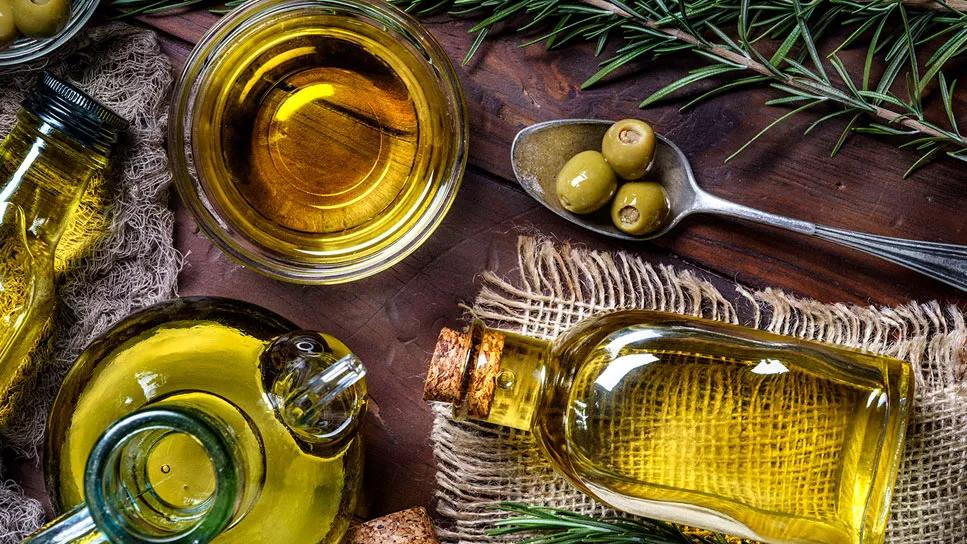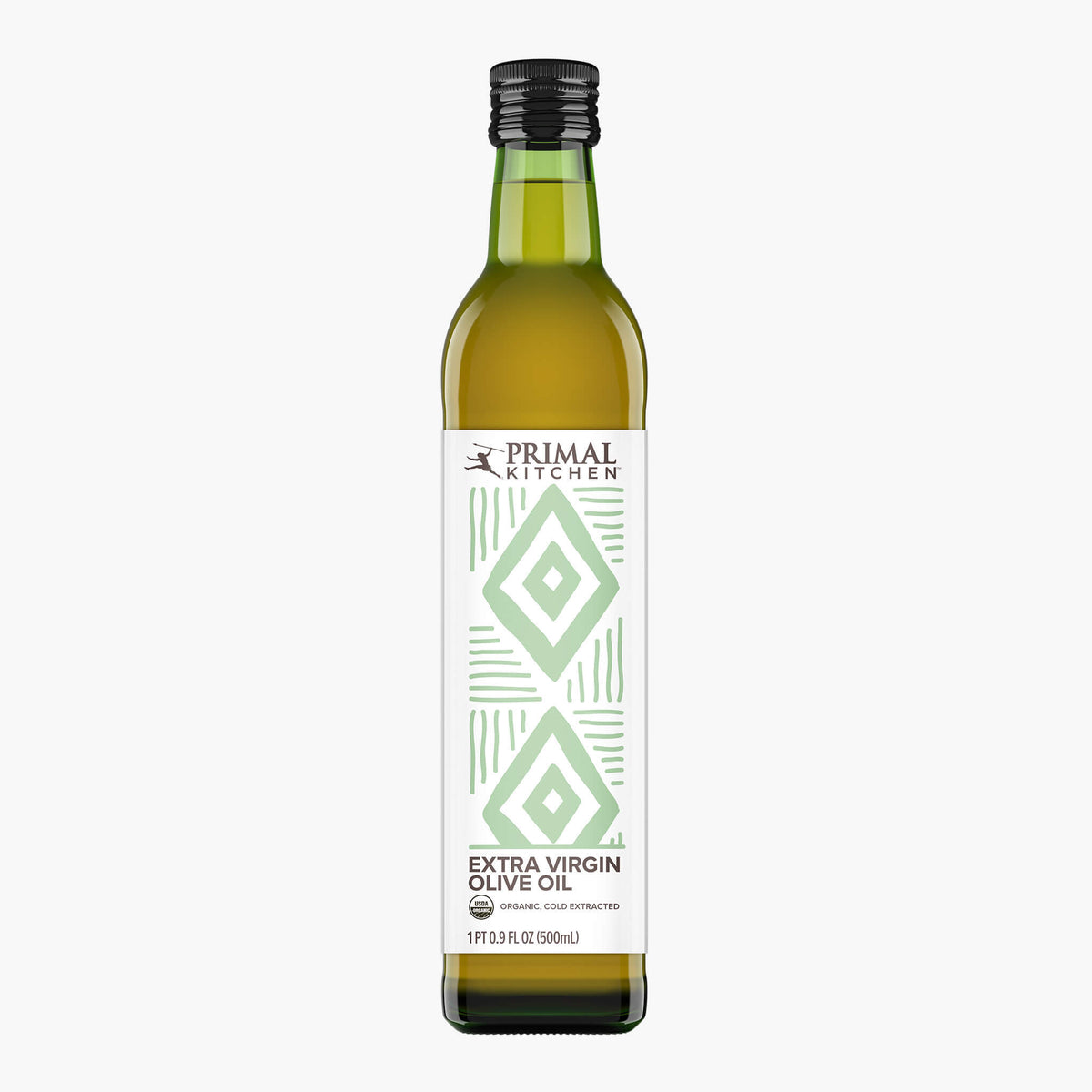Exploring the Different Kinds of Olive Oil and Their Uses, Including Extra Virgin Olive Oil
The expedition of olive oil includes a varied range of types, each offering culinary applications and distinct flavors. Extra virgin olive oil, renowned for its exceptional high quality and wellness advantages, serves as a staple in several cooking areas, yet it is just one aspect of this diverse ingredient.
What Is Olive Oil?
Acquired from the fruit of the olive tree, olive oil is a staple in Mediterranean food and a crucial component in different culinary applications. This functional oil is produced by pressing whole olives, resulting in a liquid that differs in shade, scent, and taste depending on the kind of olives utilized, the region of farming, and the extraction procedure. Olive oil is predominantly composed of monounsaturated fats, specifically oleic acid, which is recognized for its prospective health and wellness advantages, including anti-inflammatory homes and cardiovascular assistance.
Along with its culinary uses, olive oil has a lengthy history of application in typical medication and skincare, owing to its rich antioxidant material (extra virgin olive oil benefits). The oil is typically utilized in dressings, sauces, and for cooking approaches such as sautéing and roasting. Its unique flavor account can improve the taste of numerous recipes, making it an essential ingredient for both home cooks and specialist cooks
Moreover, olive oil is commemorated for its function in the Mediterranean diet plan, which is connected with countless health and wellness benefits. As recognition of these benefits grows, olive oil proceeds to gain popularity worldwide as a basic component of a healthy lifestyle.
Kinds Of Olive Oil
Comprehending the different kinds of olive oil is crucial for both health-conscious consumers and cooking enthusiasts. Olive oil is classified mostly based on its extraction method and top quality, which considerably impacts its taste, health and wellness, and aroma benefits.

Light olive oil, regardless of its name, describes a lighter taste and not reduced calories. It is optimal for those seeking a much more subtle taste in dressings and marinades. Additionally, there are flavored olive oils infused with herbs, spices, or citrus, which can boost recipes without the requirement for additional flavoring.
Each sort of olive oil serves particular culinary functions, and understanding these distinctions permits customers to make informed selections that line up with their cooking designs and wellness goals.
Bonus Virgin Olive Oil
Bonus virgin olive oil (EVOO) is commonly concerned as the highest top quality olive oil offered, celebrated for its rich taste and many wellness advantages. To be classified as extra virgin, the oil must be created from fresh olives making use of mechanical processes, without using solvents or extreme heat. This precise approach preserves the oil's natural tastes, anti-oxidants, and healthy fats, leading to a product with a low acidity degree of less than 0.8%.
EVOO is bountiful in monounsaturated fats, specifically oleic acid, which is connected to minimized swelling and enhanced heart wellness. It likewise consists of polyphenols, powerful antioxidants that might offer safety effects versus chronic diseases. The taste profile of EVOO can differ substantially relying on the olive variety and region of production, ranging from grassy and fruity to durable and sharp.

Culinary Use Olive Oil

In cooking, olive oil can be made use of for sautéing, roasting, and grilling, offering a healthier option to butter or other fats. Its high smoke point makes it suitable for various cooking techniques, while its antioxidants add to a heart-healthy diet. Showering olive oil over finished dishes, such as pasta, fish, or smoked vegetables, can raise tastes and include a touch of sophistication.
Furthermore, olive oil plays a considerable function in baking, where it can change conventional fats in dishes for bread and breads, giving dampness and a subtle preference. It also acts as a base for infused oils, enabling chefs to explore tastes such as garlic, herbs, or view chili, better broadening its cooking capacity. On the whole, olive oil's adaptability makes it essential in both home and specialist kitchen areas.
Choosing High Quality Olive Oil
When selecting high quality olive oil, it's important to take into consideration several essential elements that influence the item's scent, wellness, and taste benefits. Opt for additional virgin olive oil (EVOO), which is derived from the initial cool pressing of olives and has the greatest levels of anti-oxidants and beneficial substances. Look for oils that are accredited by recognized companies, as this typically ensures adherence to stringent high quality criteria.
The packaging likewise plays a substantial duty in preserving the oil's honesty. Choose oils kept in dark glass bottles or tins to safeguard against light degradation. Take notice of the harvest date; fresher oils provide remarkable flavor and dietary value, so pick products that are within 18 months of their harvest.
Be mindful of the taste; a good quality olive oil should have a balance of fruity, bitter, and peppery notes, indicating its richness and intricacy. By examining these variables, you can ensure Resources you are picking the ideal olive oil for your culinary requirements.
Verdict
In summary, the exploration of numerous kinds of olive oil discloses distinctive qualities and applications, with additional virgin olive oil representing the pinnacle of top quality as a result of its low acidity and high antioxidant web content. Its flexibility in culinary uses boosts flavors in dressings, sauces, and drizzles. Recognizing the various ranges of olive oil permits for educated options in food preparation approaches, promoting much healthier techniques while improving the general gastronomic experience. Quality selection remains crucial for optimal advantages.
Derived from the More hints fruit of the olive tree, olive oil is a staple in Mediterranean food and a crucial active ingredient in various cooking applications.The most typical kinds of olive oil consist of improved olive oil, pure olive oil, and light olive oil.Extra virgin olive oil (EVOO) is widely related to as the highest high quality olive oil offered, celebrated for its abundant flavor and many health and wellness benefits. Decide for additional virgin olive oil (EVOO), which is obtained from the very first cold pushing of olives and contains the highest levels of antioxidants and beneficial substances.In recap, the exploration of different kinds of olive oil reveals distinct qualities and applications, with extra virgin olive oil representing the pinnacle of high quality due to its reduced acidity and high antioxidant web content.
Comments on “The Best Extra Virgin Olive Oil Benefits for Fighting Chronic Diseases”